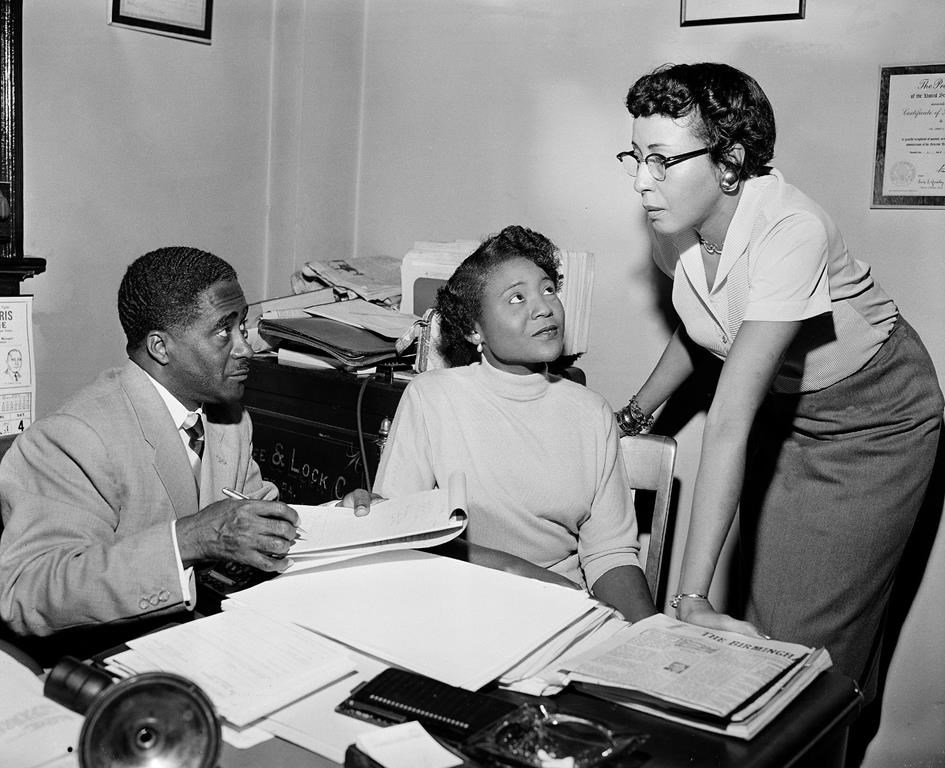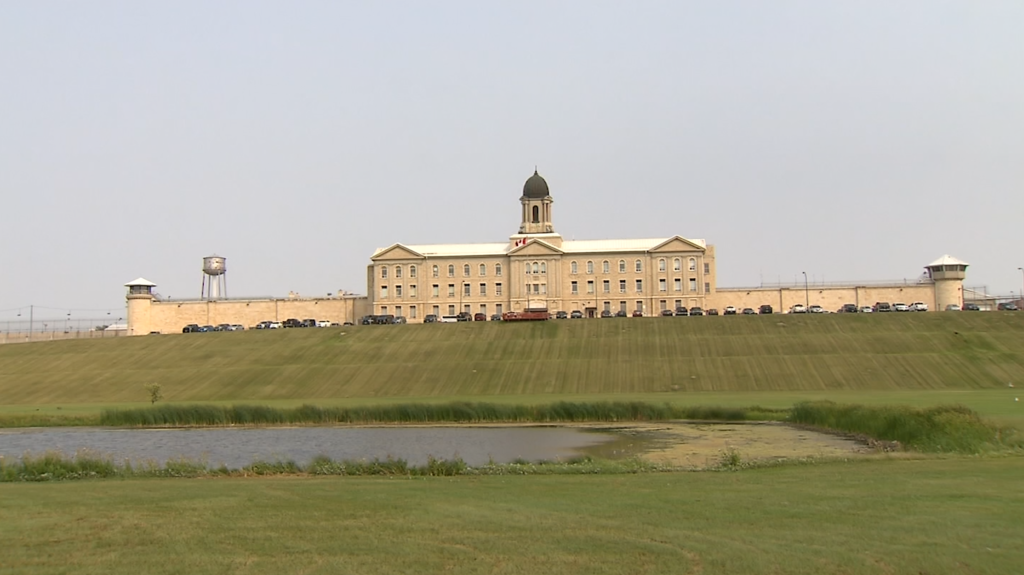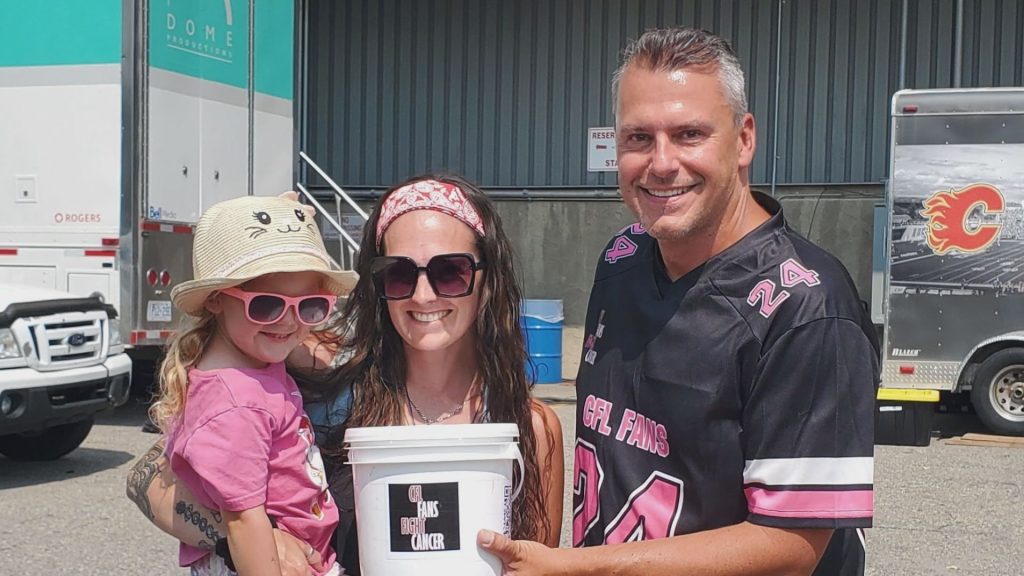‘Bloody Sunday’ 57th anniversary in Selma, Alabama

Posted March 6, 2022 12:34 pm.
Vice President Kamala Harris will visit Alabama on Sunday as the nation marks a defining moment in the fight for the right to vote, a trip that comes as congressional efforts to restore the landmark 1965 Voting Rights Act have faltered.
President Joe Biden on Sunday renewed his call for the passage of voting legislation.
“The battle for the soul of America has many fronts. The right to vote is the most fundamental,” Biden said in a White House statement.
Harris is traveling to Selma, Alabama to commemorate the 57th anniversary of “Bloody Sunday,” the day in 1965 when white state troopers attacked Black voting rights marchers attempting to cross the Edmund Pettus Bridge. The nation’s first female vice president — as well as the first African American and Indian American in the role— will speak at the site often referred to as hallowed ground in the fight for voting right for minority citizens.
State troopers on March 7, 1965, beat and tear-gassed peaceful demonstrators, including young activist John Lewis, who later became a longtime Georgia congressman. The images of the violence shocked a nation and helped galvanize support for passage of the Voting Rights Act of 1965. Her visit to the city that served as the cradle of the Voting Rights Act comes as Democrats have unsuccessfully tried to update the landmark law — after a key provision was tossed out by a U.S. Supreme Court decision — and pass additional measures to make it more convenient for people to vote.
“In Selma, the blood of John Lewis and so many other courageous Americans sanctified a noble struggle. We are determined to honor that legacy by passing legislation to protect the right to vote and uphold the integrity of our elections, including the John Lewis Voting Rights Advancement Act and the Freedom to Vote Act,” Biden said in a statement
The legislation, named for Lewis who died in 2020, is part of a broader elections package that collapsed in the U.S. Senate in February.
Biden said the strength of the groundbreaking 1965 law “has been weakened not by brute force, but by insidious court decisions.”
The U.S. Supreme Court in 2013 gutted a portion of the 1965 law that required certain states with a history of discrimination in voting, mainly in the South, to get U.S. Justice Department approval before changing the way they hold elections.
The supporters of the end of preclearance said the requirement — while necessary in the 1960s — was was no longer needed. Voting rights activists have warned the end of preclearance is emboldening states to pass a new wave of voting restrictions.
The sweeping legislation called the Freedom to Vote: John R. Lewis Act would restore the preclearance requirement and the put nationwide standards for how elections operate — such as making Election Day a national holiday and allowing early voting nationwide — stablish rules for redistricting criteria.
The annual Bloody Sunday remembrance has become a regular stop for politicians to pay homage to the foot soldiers of the civil rights movement and to make calls for action.
In Selma, a crowd gathered hours before Harris was scheduled to speak. Foot soldiers of the civil rights movement, including women who fled the beatings of Bloody Sunday, were seated near the stage. The milestone of the nation’s first Black female vice president seemed unimaginable in 1965, they said.
“That’s why we marched,” Betty Boynton, the daughter-in-law of voting rights activist Amelia Boynton, said.
“I was at the tail end and all of the sudden I saw these horses. Oh my goodness, and all of the sudden .. I saw smoke. I didn’t know what tear gas was. There were beating people” Boynton said.
But Boynton said the celebration at the hub of the voting rights movement is tempered by fears of the impact of new voting restrictions being enacted.
“And now they are trying to take our voting rights from us. I wouldn’t think in 2022 we would have to do all over again what we did in 1965,” Boynton said.
Ora Bell Shannon, 90, of Selma, was a young mother during the march and ran from the bridge with her children. Ahead of Bloody Sunday, she and other Black citizens stood in line for days at a time trying to register to vote in the then white-controlled city, facing impossible voter tests and long lines.
“They knew you wouldn’t be able to pass the test,” Shannon recalled.








